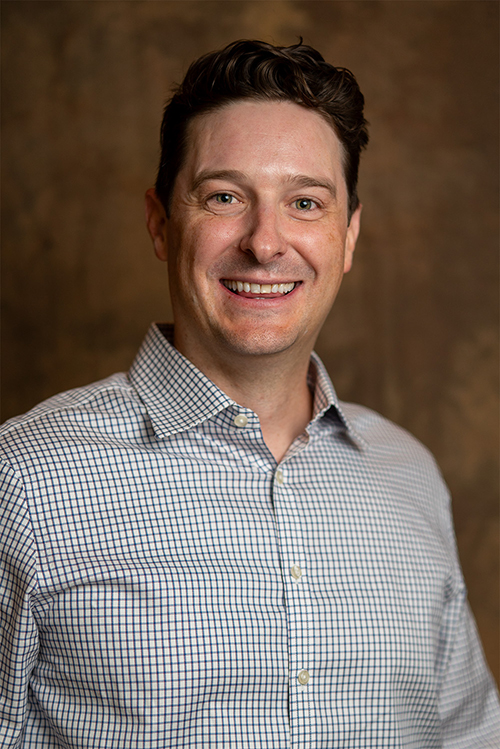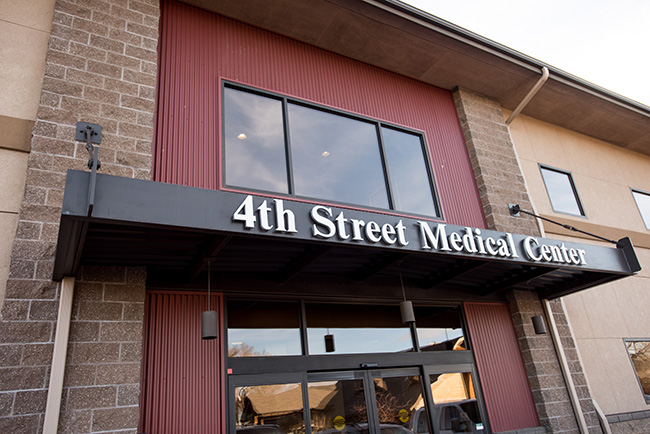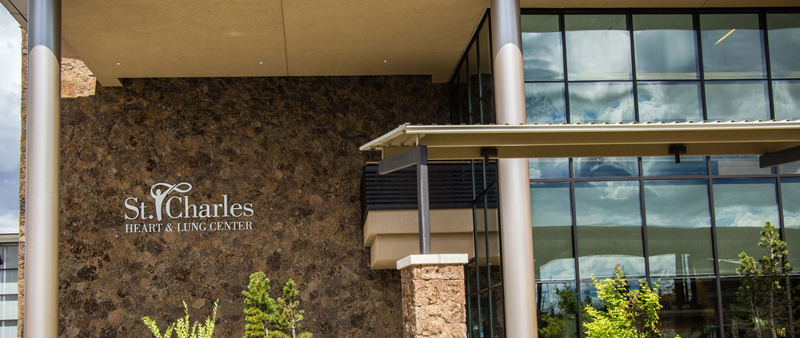St. Charles can help your arrhythmia
When the electrical impulses that signal your heart to pump evenly fail to produce consistency, it causes an arrhythmia. A heart arrhythmia is a situation where your heart beats too quickly or unevenly to achieve an even, healthy tempo. Arrhythmias can range from insignificant to life-threatening. Blood does not get delivered throughout your body correctly when your heart is beating at an unpredictable rhythm. If the problem is serious enough, the lungs, brain and all other organs could suffer.
Do I have a heart arrhythmia?
Most of us have felt our heart beat very quickly or felt a “fluttering” in our chest, and these can be very normal reactions to outside stimulus. They can also be the signs of a heart arrhythmia. Other symptoms can include:
- Fatigue
- Dizziness
- Lightheadedness
- Fainting or near-fainting spells
- Rapid or pounding heartbeat
- Shortness of breath
- Chest pain
At St. Charles, the simplest way to determine if you have a heart arrhythmia is electrocardiography (ECG or EKG). It’s a painless, noninvasive procedure that records the heart’s electrical activity and can diagnose arrhythmias.
What are my treatment options for arrhythmia?
Most often, arrhythmias are determined harmless and left untreated. If your doctor thinks your situation might require treatment, there are a number of options available at the St. Charles Heart and Lung Center. These can include:
- Medications for arrhythmia
- Ablation, which is a noninvasive, nonsurgical procedure that can treat rapid heartbeats by neutralizing the heart muscle cells that are causing the extra impulses
- Devices such as an implantable cardioverter defibrillator (ICD) or a pacemaker
If you think you may be suffering from an arrhythmia, please consult your primary care doctor right away.
In Central Oregon, the specialists at the St. Charles Heart and Lung Center strive to help people with heart arrhythmias lead normal, healthy and happy lives.







